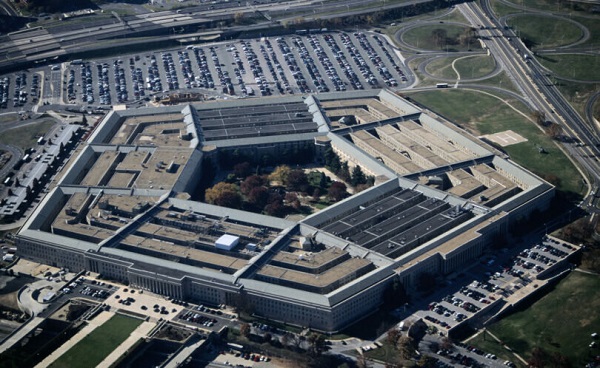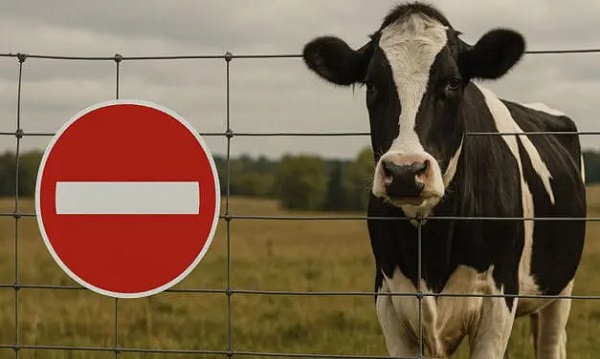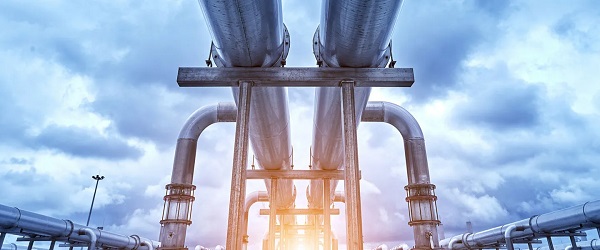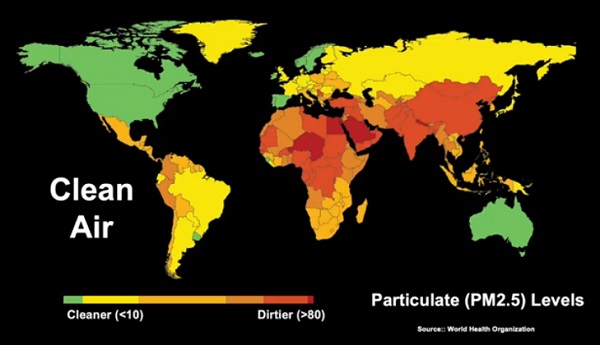Alberta
Alberta Sports Hall of Fame Presents the 2019 Class of Inductees

December 3, 2019
The Alberta Sports Hall of Fame presents their 2019 Inductees; three athletes, three builders, one team and three Award recipients. These ten Albertans will have their legacies in sports preserved and celebrated by all of Alberta for generations to come. The Inductees will become official Honoured Members of the Alberta Sports Hall of Fame at the Induction Banquet taking place May 31, 2019.
The inductees include athletes who are Olympians and World Champions, builders who have dedicated endless hours to develop their sports, a team who knows the meaning of teamwork, and a pioneer who has partaken and watched his sport evolve throughout the decades. The celebration of these inductees is a show of appreciation and acknowledgement to the growth of the sports to which they have contributed and to those they continue to inspire.
“Today, we recognize those who have inspired us through their accomplishments in sports in Alberta and throughout the world. The Class of 2019 Inductees have demonstrated their dedication, skills and commitment to their sports. We look forward to celebrating their accomplishments at the 2019 Induction Banquet on May 31st in Red Deer.”
– Donna Hateley, Managing Director, Alberta Sports Hall of Fame and Museum
2019 Inductees
Kreg Llewellyn Water Skiing Athlete
Mike Rogers Hockey Athlete
Lyndon Rush Bobsleigh Athlete
James Donlevy Hockey/Football Builder
Dorothy Padget Artistic Swimming Builder
Edward Thresher Wrestling Builder
Randy Ferbey Curling Team
Herman Dorin Pioneer Award, Wrestling
George Stothart Achievement Award, Multisport A/B
Rob Kerr Bell Memorial Award
Click for complete bios of all inductees.
The Induction Banquet
The Alberta Sports Hall of Fame and Museum hosts an annual Induction banquet each year in Red Deer, Alberta. More than 600 people from across the provinces and the United States attend this gala event to honour Alberta’s great athletes, sport builders, pioneers, and media personnel.
At this prestigious event, several extraordinary Albertans that have made an impact on sport in our province, country, and around the world are honoured. The event not only honours these great Albertans but it recognizes the importance of sport in our lives and communities.
The next Induction Banquet will be May 31, 2019 at the Sheraton Red Deer. Since it’s inception in 1957, hundreds of Albertans have been inducted into the Hall of Fame. We invite everyone to join us in this celebration of both new Inductees and returning Honoured Members, and their lasting impact on sport in our province.
About the Alberta Sports hall of Fame
Since 1957, many outstanding sports people have been inducted into the Alberta Sports Hall of Fame. We honour Albertans who have distinguished themselves in sport and preserve and celebrate Alberta’s rich sports history for all to enjoy.
Alberta
Alberta Premier Danielle Smith Discusses Moving Energy Forward at the Global Energy Show in Calgary

From Energy Now
At the energy conference in Calgary, Alberta Premier Danielle Smith pressed the case for building infrastructure to move provincial products to international markets, via a transportation and energy corridor to British Columbia.
“The anchor tenant for this corridor must be a 42-inch pipeline, moving one million incremental barrels of oil to those global markets. And we can’t stop there,” she told the audience.
The premier reiterated her support for new pipelines north to Grays Bay in Nunavut, east to Churchill, Man., and potentially a new version of Energy East.
The discussion comes as Prime Minister Mark Carney and his government are assembling a list of major projects of national interest to fast-track for approval.
Carney has also pledged to establish a major project review office that would issue decisions within two years, instead of five.
Alberta
Punishing Alberta Oil Production: The Divisive Effect of Policies For Carney’s “Decarbonized Oil”

From Energy Now
By Ron Wallace
The federal government has doubled down on its commitment to “responsibly produced oil and gas”. These terms are apparently carefully crafted to maintain federal policies for Net Zero. These policies include a Canadian emissions cap, tanker bans and a clean electricity mandate.
Following meetings in Saskatoon in early June between Prime Minister Mark Carney and Canadian provincial and territorial leaders, the federal government expressed renewed interest in the completion of new oil pipelines to reduce reliance on oil exports to the USA while providing better access to foreign markets. However Carney, while suggesting that there is “real potential” for such projects nonetheless qualified that support as being limited to projects that would “decarbonize” Canadian oil, apparently those that would employ carbon capture technologies. While the meeting did not result in a final list of potential projects, Alberta Premier Danielle Smith said that this approach would constitute a “grand bargain” whereby new pipelines to increase oil exports could help fund decarbonization efforts. But is that true and what are the implications for the Albertan and Canadian economies?
The federal government has doubled down on its commitment to “responsibly produced oil and gas”. These terms are apparently carefully crafted to maintain federal policies for Net Zero. These policies include a Canadian emissions cap, tanker bans and a clean electricity mandate. Many would consider that Canadians, especially Albertans, should be wary of these largely undefined announcements in which Ottawa proposes solely to determine projects that are “in the national interest.”
The federal government has tabled legislation designed to address these challenges with Bill C-5: An Act to enact the Free Trade and Labour Mobility Act and the Building Canada Act (the One Canadian Economy Act). Rather than replacing controversial, and challenged, legislation like the Impact Assessment Act, the Carney government proposes to add more legislation designed to accelerate and streamline regulatory approvals for energy and infrastructure projects. However, only those projects that Ottawa designates as being in the national interest would be approved. While clearer, shorter regulatory timelines and the restoration of the Major Projects Office are also proposed, Bill C-5 is to be superimposed over a crippling regulatory base.
It remains to be seen if this attempt will restore a much-diminished Canadian Can-Do spirit for economic development by encouraging much-needed, indeed essential interprovincial teamwork across shared jurisdictions. While the Act’s proposed single approval process could provide for expedited review timelines, a complex web of regulatory processes will remain in place requiring much enhanced interagency and interprovincial coordination. Given Canada’s much-diminished record for regulatory and policy clarity will this legislation be enough to persuade the corporate and international capital community to consider Canada as a prime investment destination?
As with all complex matters the devil always lurks in the details. Notably, these federal initiatives arrive at a time when the Carney government is facing ever-more pressing geopolitical, energy security and economic concerns. The Organization for Economic Co-operation and Development predicts that Canada’s economy will grow by a dismal one per cent in 2025 and 1.1 per cent in 2026 – this at a time when the global economy is predicted to grow by 2.9 per cent.
It should come as no surprise that Carney’s recent musing about the “real potential” for decarbonized oil pipelines have sparked debate. The undefined term “decarbonized”, is clearly aimed directly at western Canadian oil production as part of Ottawa’s broader strategy to achieve national emissions commitments using costly carbon capture and storage (CCS) projects whose economic viability at scale has been questioned. What might this mean for western Canadian oil producers?
The Alberta Oil sands presently account for about 58% of Canada’s total oil output. Data from December 2023 show Alberta producing a record 4.53 million barrels per day (MMb/d) as major oil export pipelines including Trans Mountain, Keystone and the Enbridge Mainline operate at high levels of capacity. Meanwhile, in 2023 eastern Canada imported on average about 490,000 barrels of crude oil per day (bpd) at a cost estimated at CAD $19.5 billion. These seaborne shipments to major refineries (like New Brunswick’s Irving Refinery in Saint John) rely on imported oil by tanker with crude oil deliveries to New Brunswick averaging around 263,000 barrels per day. In 2023 the estimated total cost to Canada for imported crude oil was $19.5 billion with oil imports arriving from the United States (72.4%), Nigeria (12.9%), and Saudi Arabia (10.7%). Since 1988, marine terminals along the St. Lawrence have seen imports of foreign oil valued at more than $228 billion while the Irving Oil refinery imported $136 billion from 1988 to 2020.
What are the policy and cost implication of Carney’s call for the “decarbonization” of western Canadian produced, oil? It implies that western Canadian “decarbonized” oil would have to be produced and transported to competitive world markets under a material regulatory and financial burden. Meanwhile, eastern Canadian refiners would be allowed to import oil from the USA and offshore jurisdictions free from any comparable regulatory burdens. This policy would penalize, and makes less competitive, Canadian producers while rewarding offshore sources. A federal regulatory requirement to decarbonize western Canadian crude oil production without imposing similar restrictions on imported oil would render the One Canadian Economy Act moot and create two market realities in Canada – one that favours imports and that discourages, or at very least threatens the competitiveness of, Canadian oil export production.
Ron Wallace is a former Member of the National Energy Board.
-

 International8 hours ago
International8 hours agoIsrael’s Decapitation Strike on Iran Reverberates Across Global Flashpoints
-

 Business1 day ago
Business1 day agoThe carbon tax’s last stand – and what comes after
-

 Business18 hours ago
Business18 hours agoTrump: ‘Changes are coming’ to aggressive immigration policy after business complaints
-

 International1 day ago
International1 day agoPentagon agency to simulate lockdowns, mass vaccinations, public compliance messaging
-

 illegal immigration17 hours ago
illegal immigration17 hours agoLA protests continue as judge pulls back CA National Guard ahead of ‘No Kings Day’
-

 Business1 day ago
Business1 day agoOur addiction to dairy supply management is turning Canada into a trade pariah
-

 Alberta1 day ago
Alberta1 day agoOil prices are headed for a hard fall
-

 Business1 day ago
Business1 day ago84% of Swiss hospitals and 60% of hospitalizations are in private facilities, and they face much lower wait times







